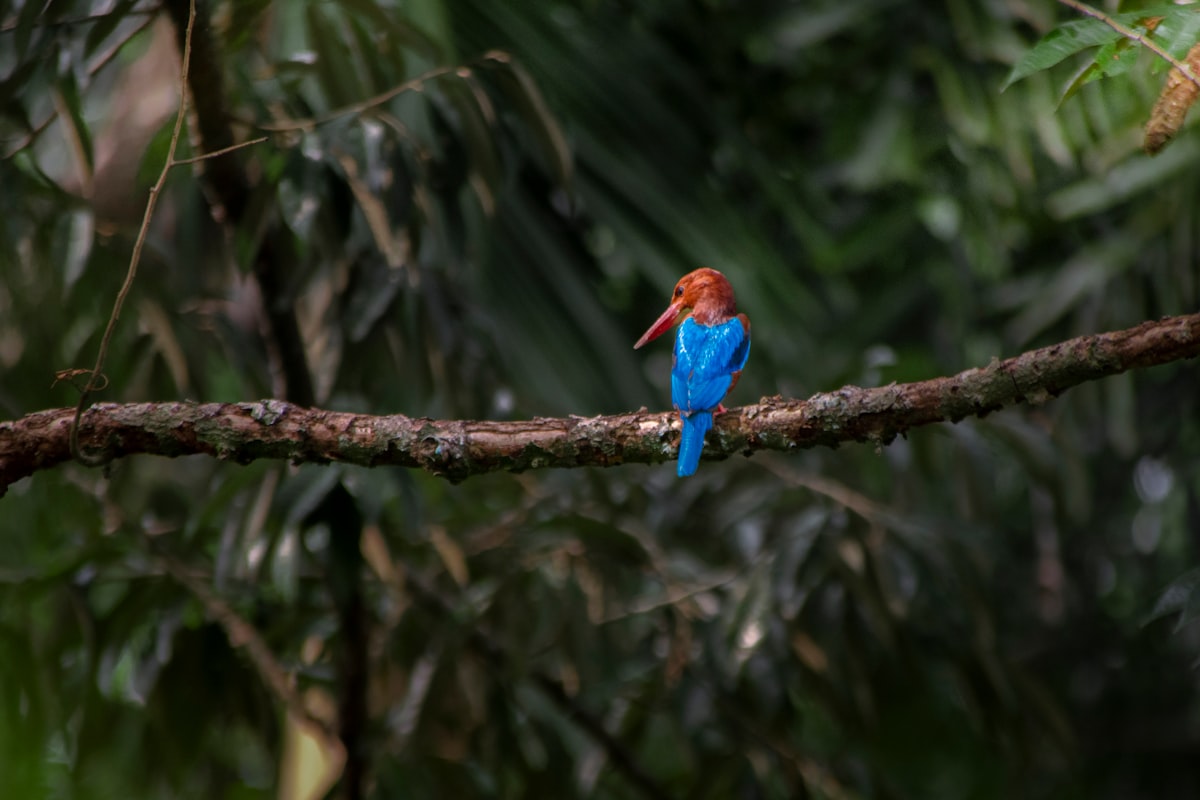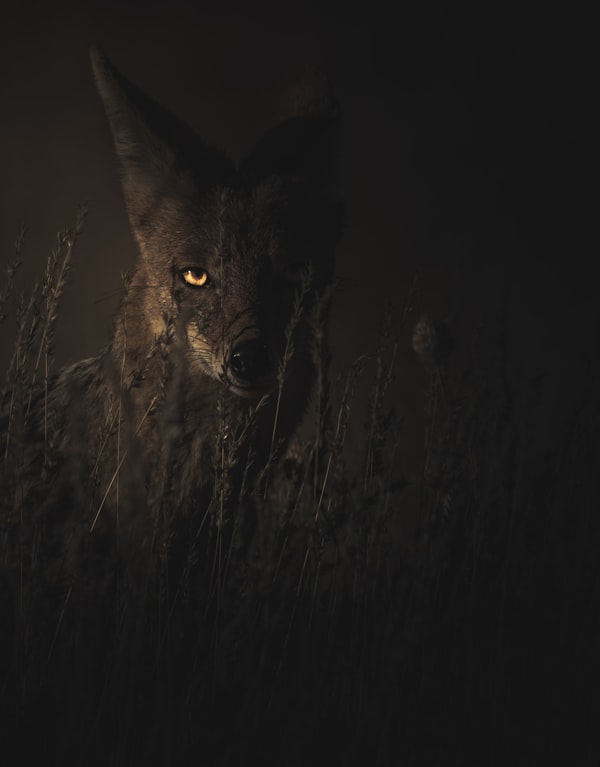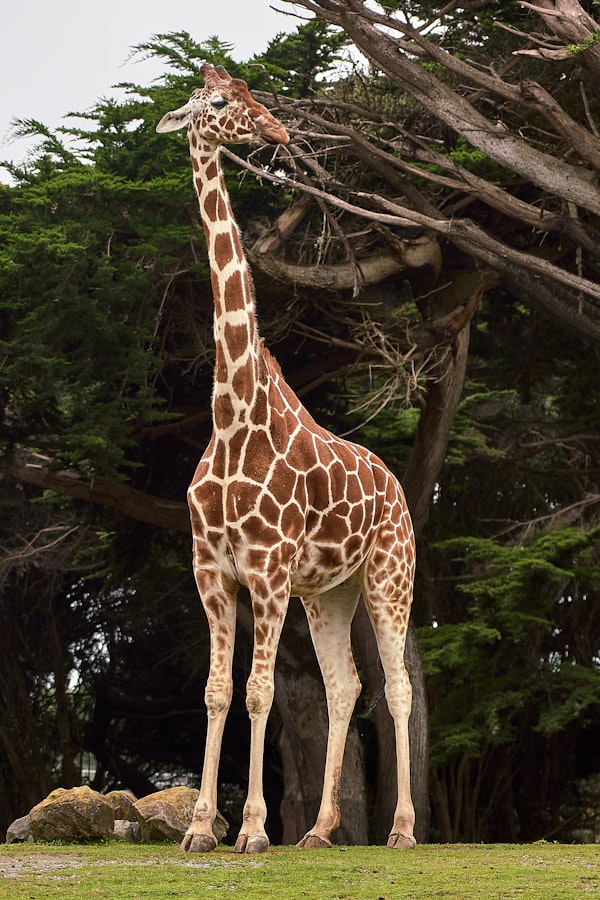Join the Conservation Effort: Protecting Canada's Endangered Monarch Butterfly Species

The Monarch Butterfly in Canada: A Species in Need of Conservation
The devastating news arrived in January of 2024 – Canada’s Monarchs have been listed as Endangered. This designation has prompted a call to action from the Canadian Wildlife Federation (CWF) in the hopes of rallying Canadians to join the conservation efforts for this magnificent species.
Coordinated Conservation: A Unified Approach
According to Carolyn Callaghan, CWF senior conservation biologist, terrestrial wildlife, the recovery of the Monarch is achievable, but it requires a united front. All levels of government, Indigenous stewards, corporations, conservation organizations, schools, agricultural producers, faith and cultural communities, homeowners, gardeners, and citizen scientists need to join forces to ensure a bright future for the Monarch.
Federal Protection and Recovery Strategy
In December of 2023, the federal government officially listed the Monarch Butterfly as Endangered. This listing grants the species legal protection on federal lands and signals the development of a recovery strategy. The strategy will outline the necessary steps to recover the species, and it is a significant step forward in conservation efforts.
The Significance of Breeding Habitat
The Monarch Butterfly’s breeding range within Canada is restricted to areas where milkweed, the only food source for Monarch caterpillars, grows. Currently, there are 14 species of milkweed that support the Monarch’s breeding habitat, spanning from Prince Edward Island to British Columbia.
Canada’s Role in Recovery
Canada has partnered with Mexico and the US in a commitment to recover the Monarch Butterfly. In particular, Canada aims to improve the quantity and quality of breeding habitat within its range. This involves supporting efforts to protect existing habitat and restore additional meadow habitat, ultimately ensuring that Monarchs have the spaces they need to thrive.
A Spotlight on Habitat Loss
Habitat loss poses a significant threat to the Monarch Butterfly. To address this issue, the CWF has established rights-of-way networks across eastern and southern Ontario, partnering with various stakeholders such as agricultural producers, roadside and energy transmission managers, municipalities, and conservation authorities. Together, they are creating meadow habitats to support Monarchs and other pollinators. The goal is to expand this initiative throughout the entire country and establish the Canadian pollinator pathway.
Conservation Efforts in Action
Over the past four years, CWF and its partners have successfully restored 1,760 hectares of pollinator habitat in Ontario, with a focus on rights-of-way. Additionally, CWF has developed tools to guide best practices for roadside maintenance and hosts the Canadian chapter of the Rights of Way as Habitat Working Group.
Expanding Efforts
Recognizing the importance of Monarch conservation in southern Quebec, CWF is expanding its efforts and reaching out to new partners for collaboration.
A Native Seed Strategy
CWF is set to release a framework for a national native seed strategy this spring, ensuring the availability of native plants for habitat restoration. This initiative has engaged hundreds of people across the country and has significant implications for building a green economy in Canada.
Understanding Monarch Patterns and Roosting Sites
To uncover Monarch migratory routes and roosting areas, CWF has developed the Ontario Monarch ambassador program. This program has revealed important roosting sites along the shores of Lakes Huron, Erie, and Ontario, providing crucial insights into Monarch behavior.
Individual Contributions Matter
Canadians can make a difference by adding their Monarch and Milkweed observations to iNaturalist.ca, contributing to the collective knowledge of these species and supporting conservation efforts.
The Threat of Rearing Monarch Caterpillars
While it may be tempting to rear Monarch caterpillars, CWF advises against it due to the potential spread of disease and the impact on their ability to navigate to their wintering range. Instead, individuals can support Monarchs by providing nectar-rich native wildflowers, including the appropriate milkweed species native to their area.
Join the Conservation Effort
The plight of the Monarch Butterfly is a call to action for all Canadians. By coming together and implementing proactive measures, we can protect and preserve this incredible species. Let’s embark on this journey together, one step at a time.
About the Canadian Wildlife Federation
The Canadian Wildlife Federation is a not-for-profit charitable organization dedicated to conserving Canada's wildlife and habitats for the use and enjoyment of all. Through spreading knowledge, taking conservation actions, delivering education programs, advocating for changes, and cooperating with partners, CWF envisions a future where Canadians can live in harmony with nature.
Contact

